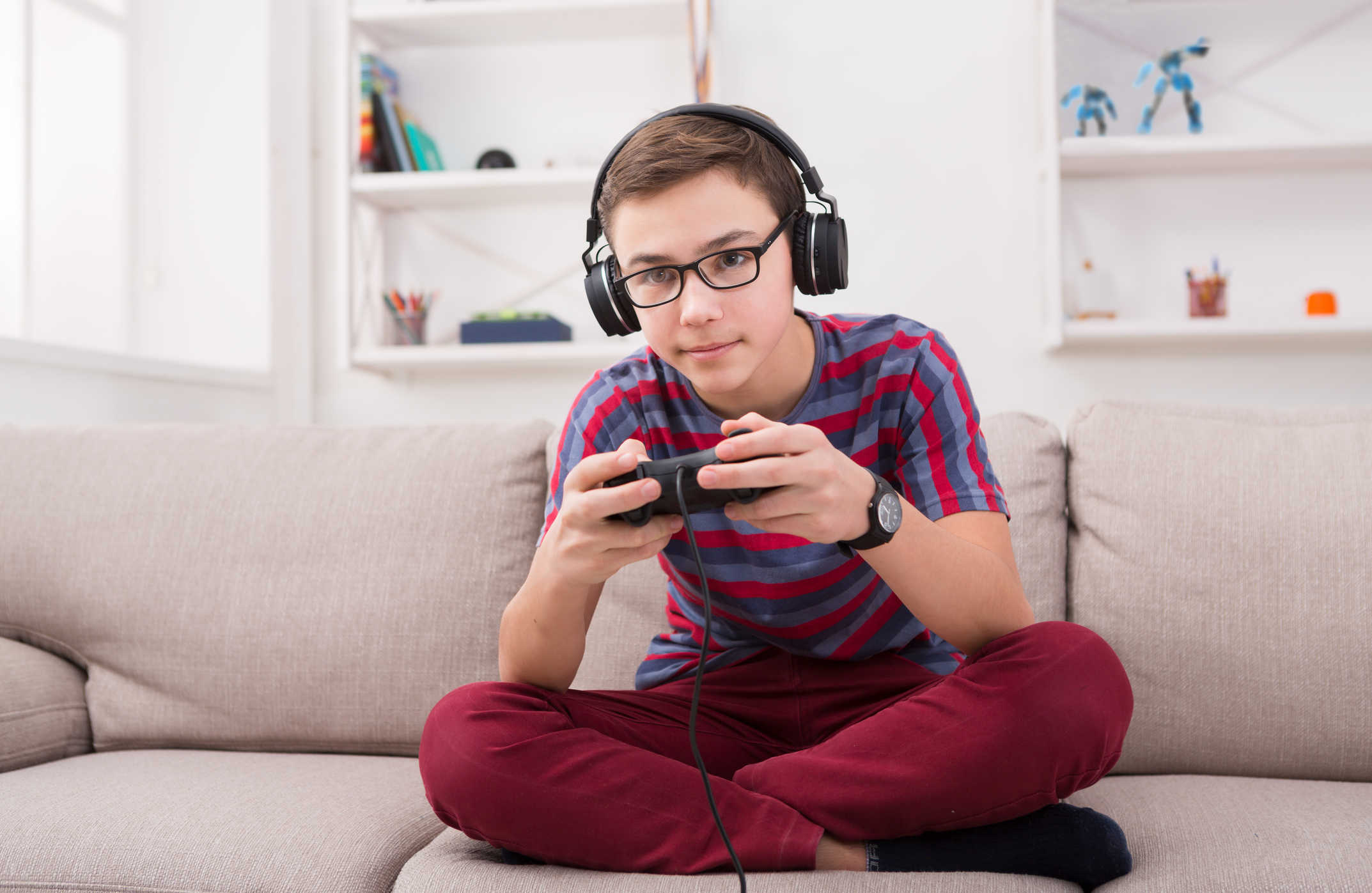
Kids today love their electronics, but how can you tell when a fun toy becomes a problem for your child? Video game addiction is real, and it is causing serious mental and physical health hazards for today’s children. Compulsively playing video games requires a detox regimen similar to that of other addicts, starting with admitting that there is a problem. Here are the signs to look for if you’re concerned that your child’s obsession with their latest video game has gone too far.
Signs of Video Game Addiction
While changes in personality are a normal part of growing up, dramatic personality shifts along with a preoccupation with video games may signal a bigger problem. Studies show that a significant percentage of children may be addicted to video games. In fact, “gaming disorder” has been added to the International Classification of Diseases by the World Health Organization. Some additional signs to be aware of include:
-
- Dramatic changes in personal hygiene as children or teens become obsessed with gaming
-
- Eyestrain, backaches or soreness in the fingers and joints due to the hours of stress and repetitive movements
-
- Lack of interest in school and other activities that were formerly considered fun or engaging
-
- Isolation from friends and family; even depression
- Withdrawal or acting out when video games are banned for even a short period of time
One or two of these symptoms, when discovered alone, could easily be attributed to growing pains or adolescent frustration, but added together they could spell a true addiction to video games.
Breaking the Video Game Addiction
While there is still some debate over whether video gaming addiction is truly a classifiable disease, there is little doubt that some children and adults are overindulging in digital entertainment, often in the form of video games. According to Texas-based clinic psychologist, Anthony M. Bean, up to 50% of individuals who actively play video games could potentially be classified as being addicted to the activity.
Perhaps the best way to break the cycle in children is to replace video game addiction with another sport or activity. When your children are active, it’s much more difficult for them to sulk or attempt to sneak away to play their games. Lifehacker author Patrick Allen suggests some tips for cutting back without going cold turkey:
- Tracking the amount of time spent gaming on a daily basis
- Set timers to keep track of your day
- Choosing games that are more limited in scope
- Let children earn time gaming by performing chores or joining family activities
As parents, it’s up to us to maintain a balance of activities between digital and physical in order to protect our children’s mental and physical health. Video game addiction is no joke, as it can cause children to become disassociated with the world around them and can even lead to depression.







